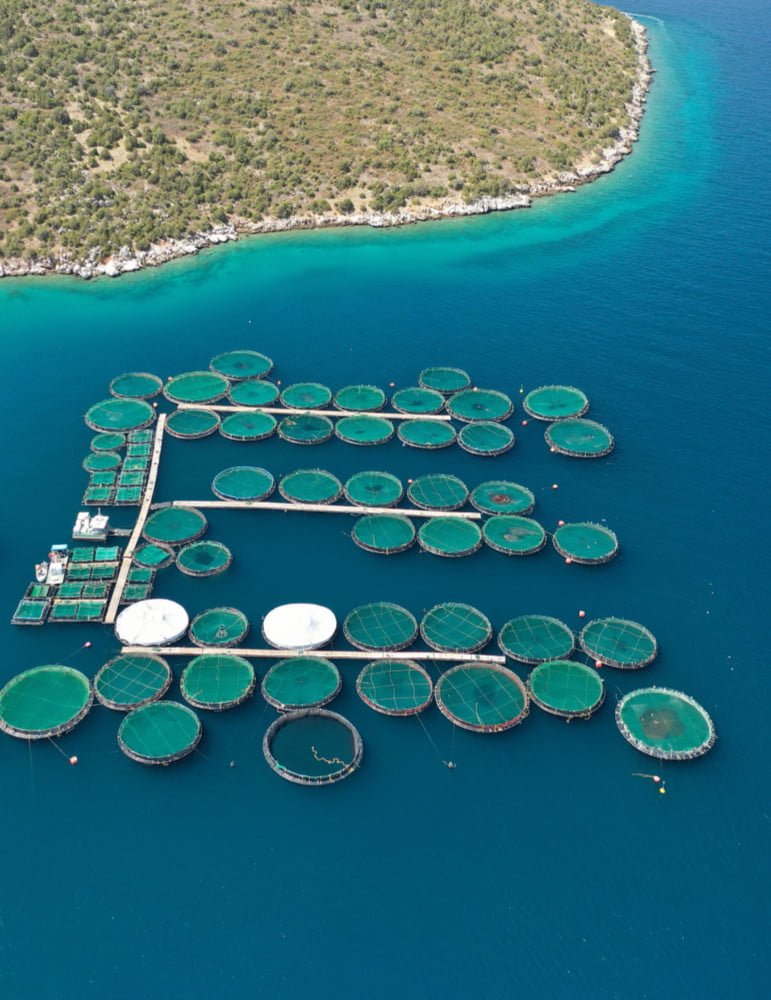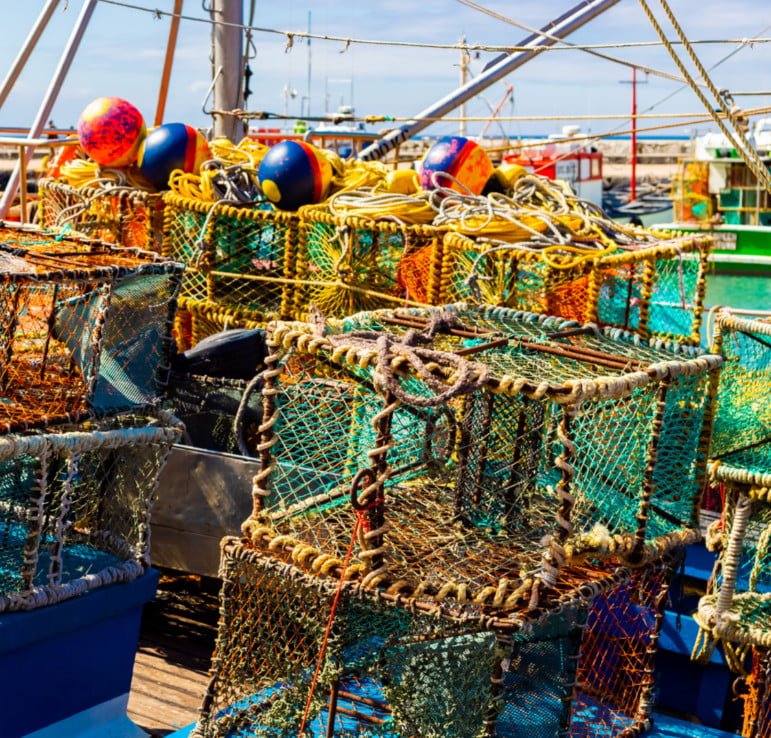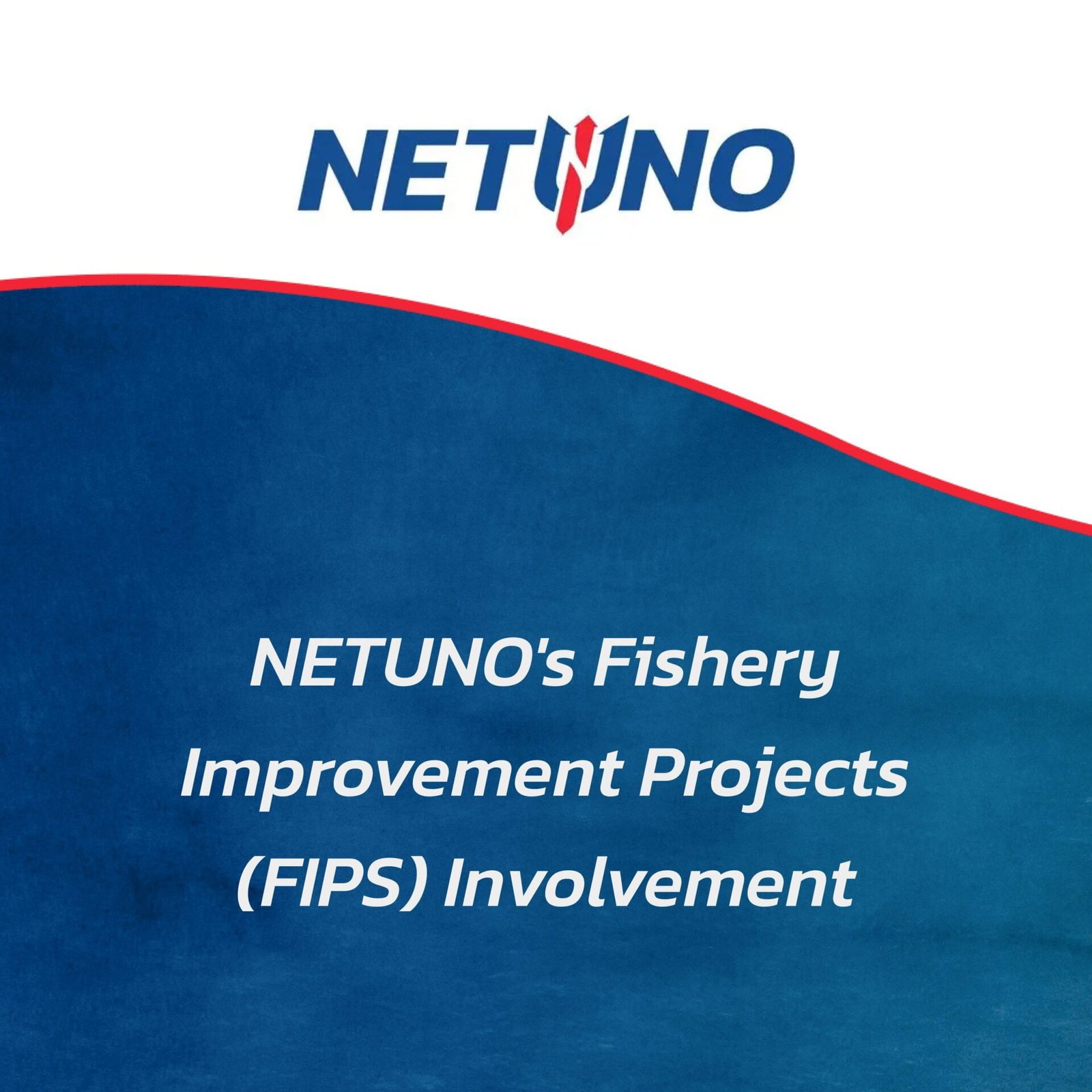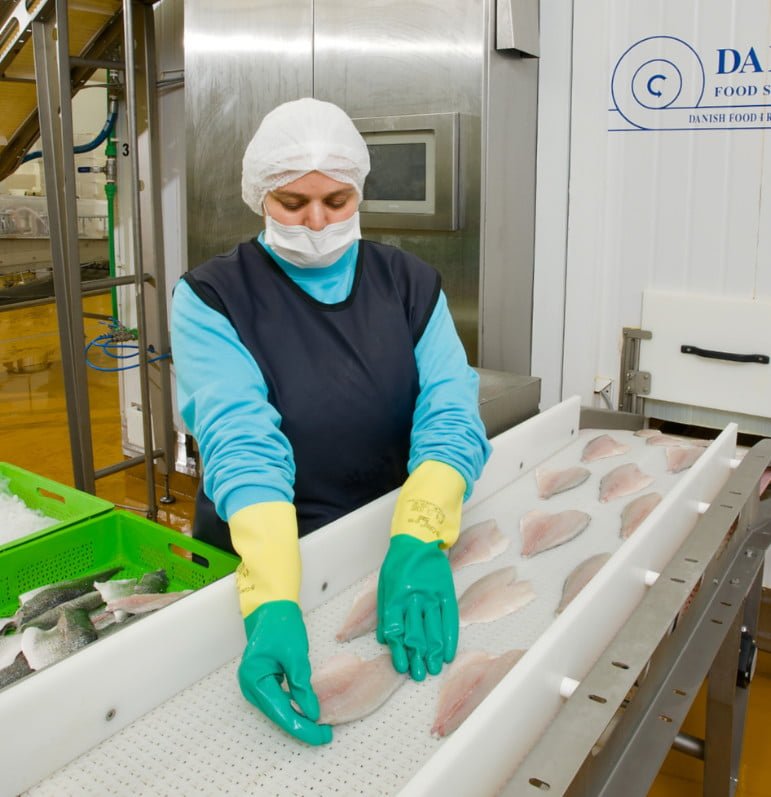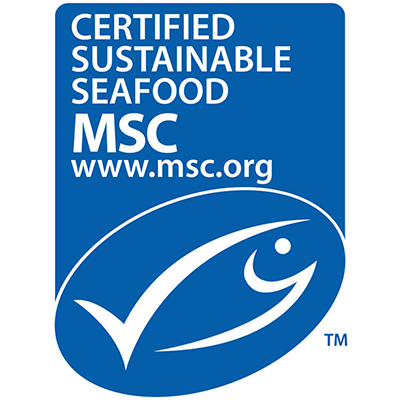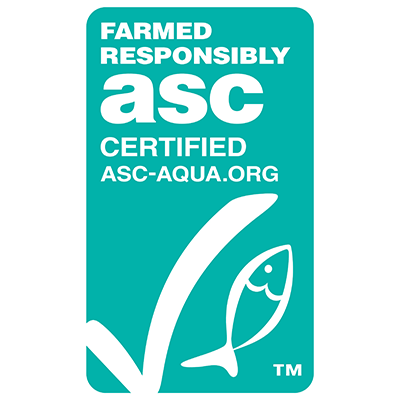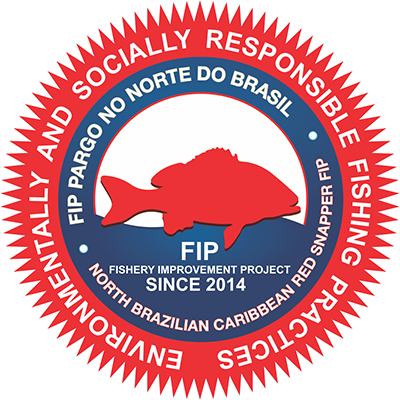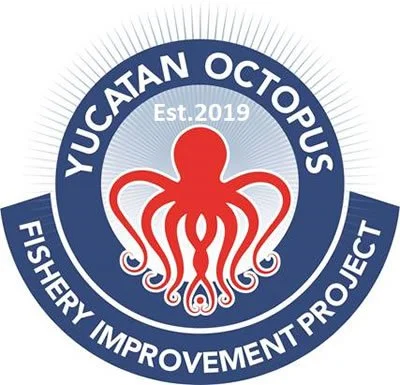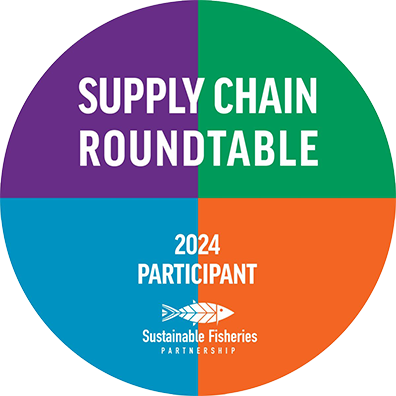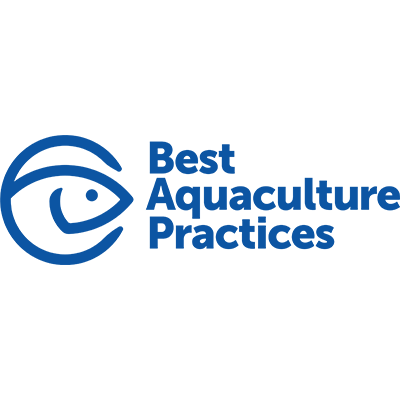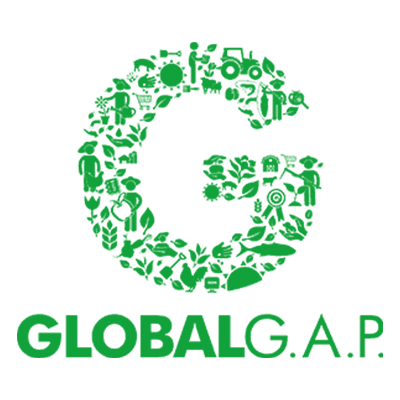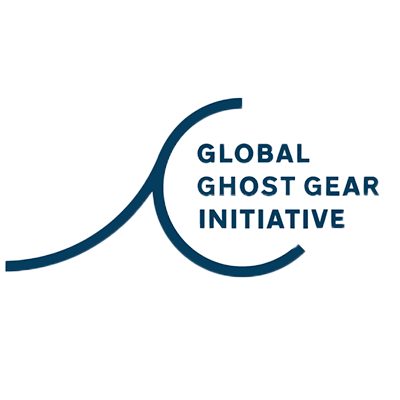Our Commitment
Sustainability & Responsible Practices
NETUNO USA imports frozen seafood from 15 Countries on 3 different continents. We source 17 varieties of fish, 4 mollusks (Clam, Conch, Octopus, and Calamari) and 2 crustacean shellfish (Lobster and Shrimp). 4 are farmed (Clam, Shrimp, Branzino, and Barramundi) and the rest are wild-caught. We are one of the leading US importers for Grouper and Snapper species, and bring high volumes of Lobster, Branzino, Corvina, Mahi, Cobia, Unicorn, and others.
To assure high-level quality for our products, NETUNO USA follows our own HACCP and Recall Plan and comply with FDA rules for seafood imports with the following steps:
- Keeping a record of updated HACCP Plans and sanitation control from all supplying plants, in English and signed by the local QA Team
- Obtaining lot-by-lot certificate issued by the foreign government inspection authority
- Proceed annual in loco plant, boats and farms inspection
- Encourage plants to adopt high standard Food Safety protocols (like GFSI) through third-party audits and certification (BRC, BAP, FSSC, ISO)
- Adopt a strict packaging and labeling protocol and run DNA tests when needed to avoid mislabeling products
- Adopt TraceRegister™ software to keep compliance update record from our suppliers and the TR5 tool for traceability.
- Encourage suppliers to adopt also Food Defense protocols to comply with section 402 of the Federal Food, Drug and Cosmetic/Bioterrorism Act
The great majority of seafood sourced by NETUNO USA is from open-based stocks in developing countries. Sustainable management and conservation must be done over the stock and the habitats to assure supply for future generations. To avoid overfishing NETUNO encourages fishermen, NGOs, local governments, and other fishery stakeholders to pursue MSC Sustainable Fishery Certification or to start FIPs (Fishery Improvement Projects).
Fishery Improvement Projects
What is a FIP?
According to the World Wildlife Fund, a FIP “is a step-wise, multi-stakeholder effort to improve fishing practices and management so that species, habitats, and people can all thrive.” It starts with an analysis of a fishery, followed by a third-party audit to determine the areas for improvement. It then continues through five stages of measurement, analysis, and improvement, with the eventual goal being to achieve the MSC label.
How do we support FIPs?
We work with suppliers to develop new products and their marketing strategies. This includes innovations in fishing and farming techniques, processing, packaging, and logistics. It can also include providing funds, technology, and technical expertise to help meet quality and sustainability standards. We are also a member of Importer Supplier Roundtables organized by the NGO Sustainable Fisheries Partnership.
Which FIPs do we support?
We support 7 FIPs worldwide: Snapper in Brazil, Wahoo, Cobia, & Mahi in Indonesia, Grouper in India, Octopus in Mexico, Lobster in Honduras and Venezuela, and Squid in China.

FisheryProgress.org is a comprehensive website portal where anyone can find more information about FIPs all over the world and track their improvement progress. According to FisheryProgress, NETUNO is one of the top 5 FIP participants.
What are Eco-Labels in seafood?
Marine Stewardship Council (MSC) is a global nonprofit organization. The MSC created the most common eco-label. Theirs is the most comprehensive standard to define Sustainable Fisheries. A fishery can voluntarily submit to evaluation under the MSC standard by a 3rd party certification body (also known as CABs). CABs are also subjected to a 3rd party accreditation by ASI (Assurance Services International).
If an assessed fishery fails in one or more of the 28 performance indicators of MSC standard, a smart step for them is to start a Fishery Improvement Project (FIP) to address the problem(s) found by the auditor assessment team. Companies, governments, NGOs, Unions and fishermen should joint effort to change any unsustainable practices, whether over the stock, or the management and enforcement policies in place.
Learn more about the MSC standards at MSC.org.
Other Labels
There are other well-known labels, relying on other standards. ASC, for example, is a label for sustainable farm raised products. There are others as well, such as BAP (Best Aquaculture Practices), Friend of Sea, Global G.A.P, and even more that are not exclusive to seafood, such as Fair Trade Certified, Carbon Neutral Certified, Certified Organic, etc. Learn more about the different eco-labels and what they mean on ecolabelindex.com.
Other Projects We’re Involved In
Watch Andre Brugger discuss all of NETUNO’s sustainability projects.
We’ve learned that there’s much more to sustainability and responsible fishing practices than just focusing on a fishery’s stock. While that’s a big part of our efforts, we wanted to do more to help combat issues such as CO2 emissions, reef bleaching, ghost gear, microplastics, and more.
These are just some of the ways we’re trying to do our part in the hope of inspiring other seafood companies to do the same.
Click on each initiative to learn more, or visit our blog for our latest updates!
Our Commitment
If we are to secure the future of global fisheries, the industry needs to make a collective commitment to reform, and that starts with shifting our buying focus to larger, reproductive-age fish that have already contributed to the overall population.
“Nearly seventy percent of the species we carry are certified sustainable or part of a Fishery Improvement Project (FIP). Our ultimate goal is to have 90% of our products certified or in a FIP by 2025.”
– Andre Brugger
Sustainability, Compliance, QA Manager, Netuno USA


